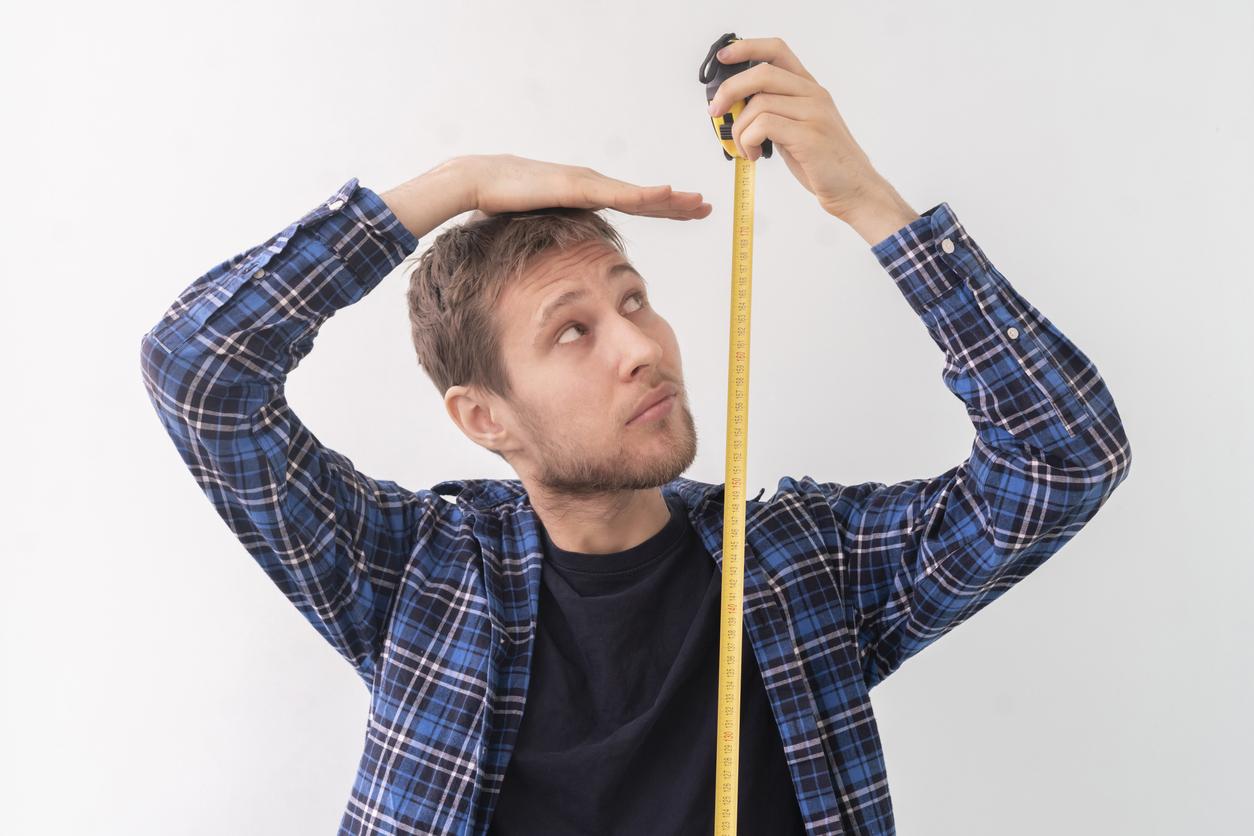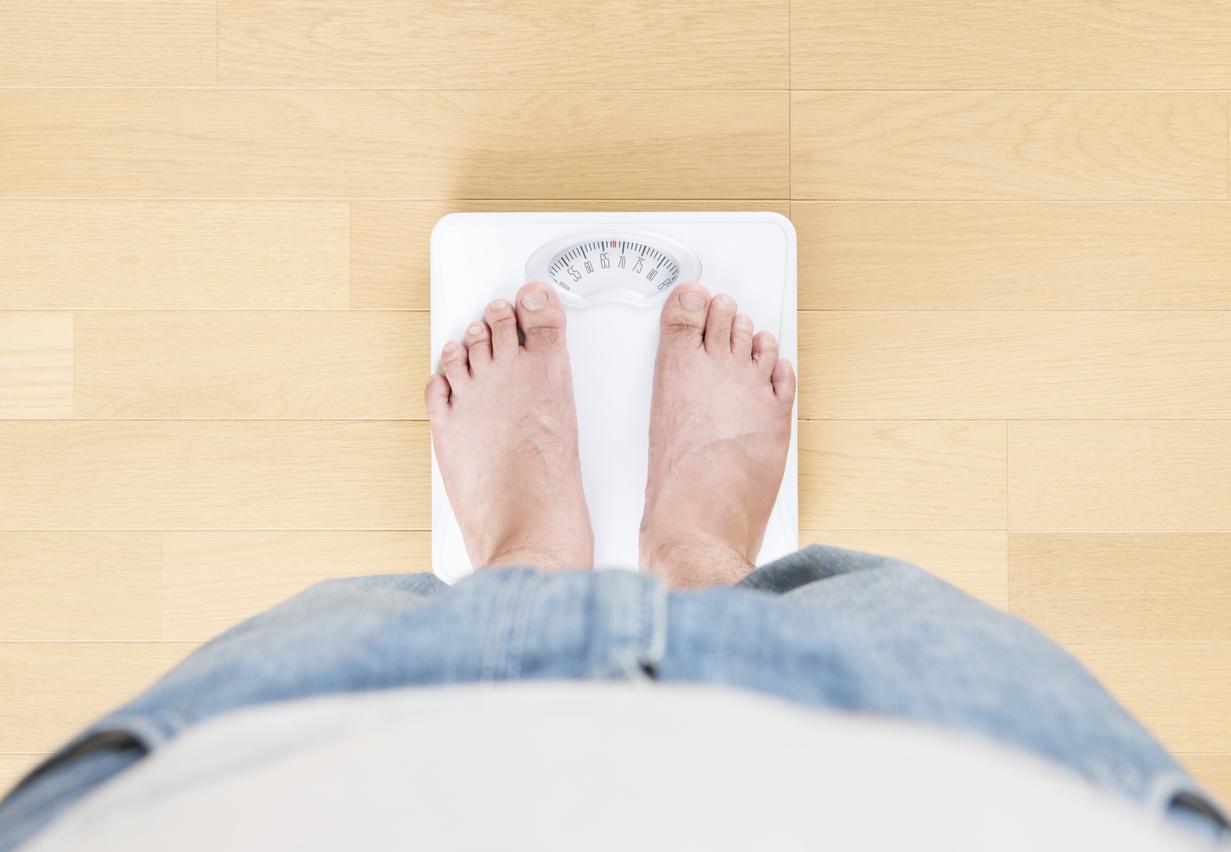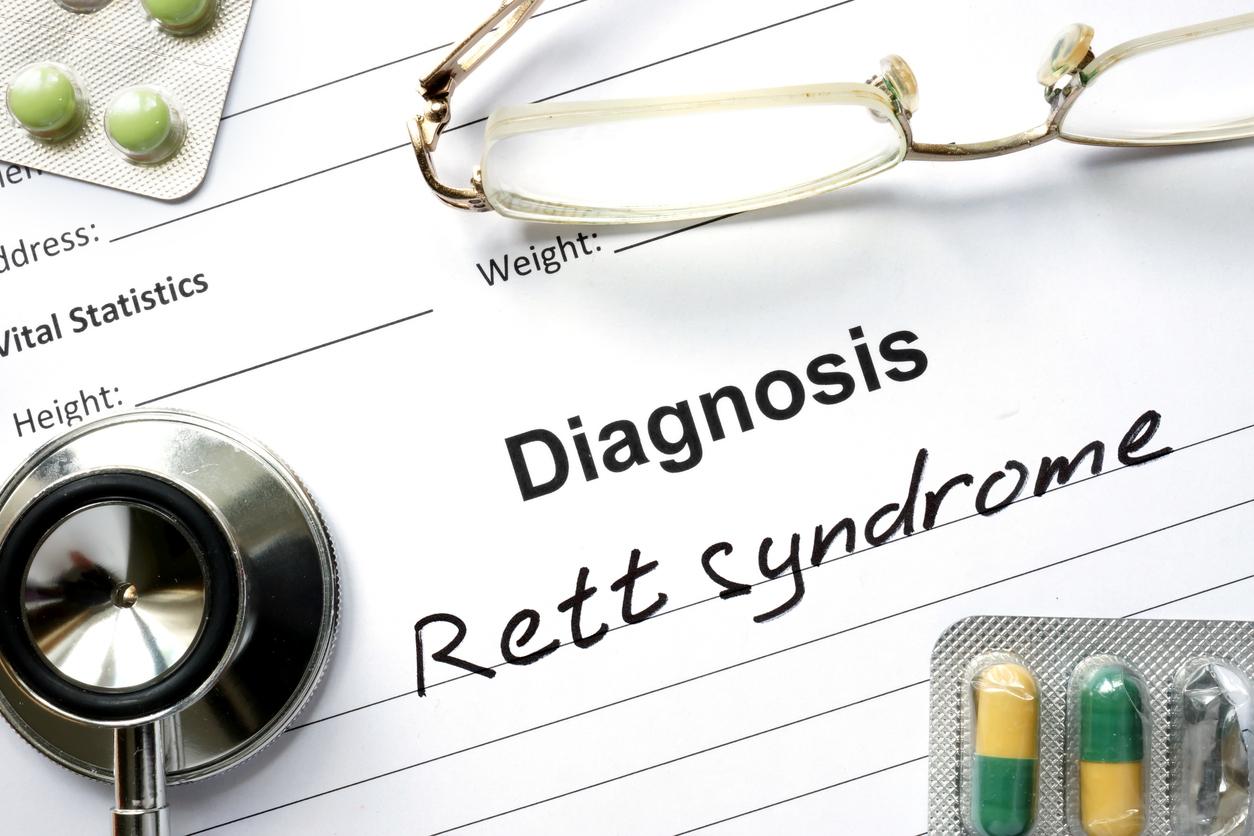Testosterone may not regulate sexual desire in men as much as we think, according to a new study.

- There is no link between increased sexual desire and testosterone levels.
- On the other hand, among single people, the hormone is a driver of seduction, because when they are faced with a potential partner, testosterone levels increase.
- In those in relationships, testosterone levels don’t increase much, because they don’t need to seduce.
Low blood testosterone levels are one of the likely causes of low libido in men, according to the MSD Manual. However, a new study published in the journal Proceedings of the Royal Society Bcalls into question the role of testosterone as a regulator of sexual desire.
Testosterone does not control sexual desire in men
In their study, scientists studied this sex hormone in 41 participants, aged 18 to 26. Of the 41 participants, 14 were in a relationship and 27 were single. For 31 days, they had to regularly provide saliva samples so that researchers could measure levels of testosterone and cortisol, the stress hormone.
At the same time, they had to answer questionnaires aimed at measuring the level of their sexual desire, addressing different themes such as efforts at seduction or sexual thoughts. Result: there is no link, according to the researchers, between the increase in sexual desire and testosterone levels, when the latter remains within the norm. On the other hand, when levels are very low, libido drops.
The desire to seduce linked to testosterone
Another observation: testosterone does not have the same effect in single people as in men in relationships. For the former, the hormone is a real engine of seduction because, when they are faced with a potential partner, testosterone levels increase. In men in relationships, on the other hand, testosterone levels do not increase much, because they do not need to seduce.
In the future, scientists plan to continue their research, including more participants, to better understand the role of testosterone on sexual desire and perhaps, one day, develop a new treatment.
As a reminder, testosterone production begins to decrease from around the age of 20, by 1 to 2% per year on average in men, depending on the MSD Manual. However, there are no rules because “some 70 year old men have testosterone levels similar to 30 year old men”. However, those who suffer from libido problems don’t have many options. The only solutions offered to them are psychological support and testosterone supplementation.

















